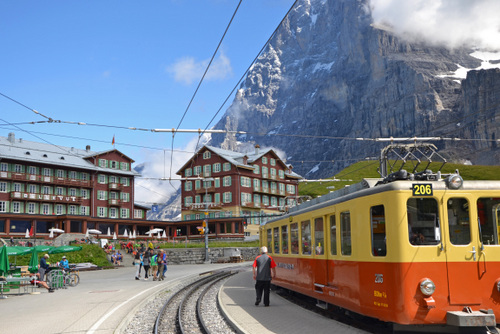The role of ecotourism
At the same time eco-tourism is also about helping to generate money & jobs and aid the conservation of wildlife and natural habitats. It claims to be both ecologically and culturally responsible tourism. An overview of the ‘shallower’ and ‘deeper’ forms of ecotourism as described by recent academic literature was collated by Hall and Page (2010):
- Ecotourism as any form of tourism development which is regarded as environmentally friendly and has the capacity to act as a branding mechanism for some forms of tourist products.
- Ecotourism as ‘green’ or ‘nature-based’ tourism which is essentially a form of special interest tourism and refers to a specific market segment and the products generated for that segment.
- Ecotourism as a form of nature-based tourism that involves education and interpretation of the natural environment and is managed to be ecologically and culturally sustainable.
It can be implied from the title that ecotourism has a role related to the merging of tourism interests with ecology and the environment. On the other hand the conventional tourism industry is often considered to comprise the quality of natural resources. Elements such as landscape, air, sea, fresh water, minerals, flora, fauna, and the quality of the built and cultural resources, along with destination management are considered worthy of conservation within the field of ecotourism (Coria and Calfucura 2011).
